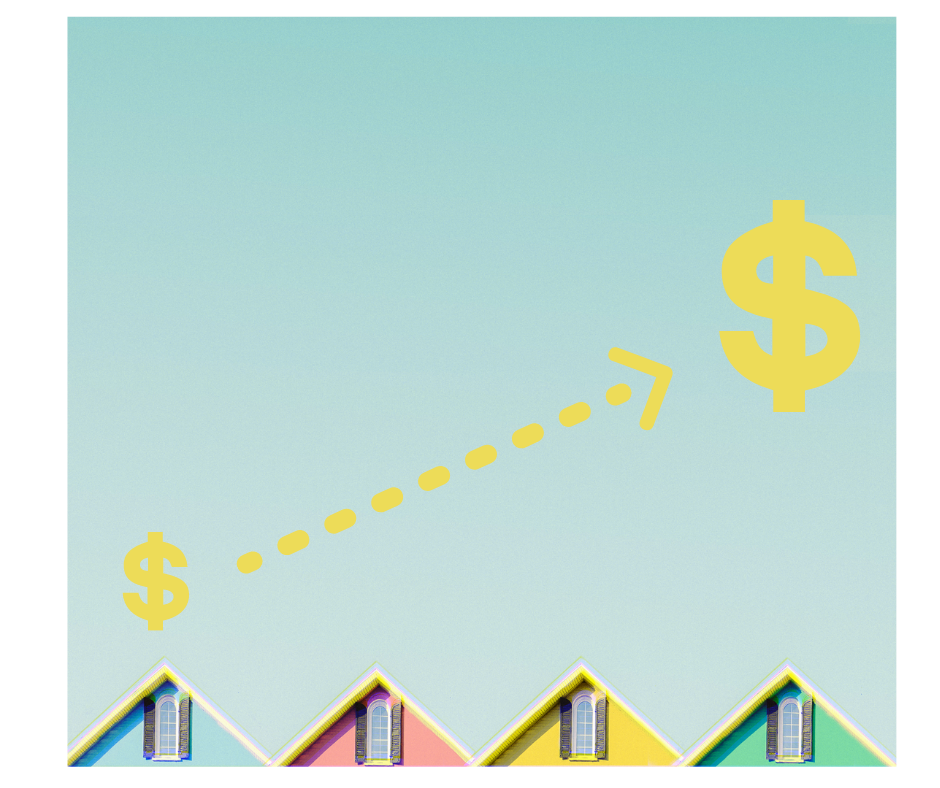24 Jan The impact of increasing house prices on family law matters

When parties separate, they will usually commence a property settlement to divide the assets of their relationship. Essentially, a property settlement will put an end to their financial relationship. The first step in the family law property settlement process is to determine the net pool of assets available for distribution between the parties. In most cases, the family home or other real property will be the parties’ most valuable asset available for distribution. If it is agreed between the parties that the property is to be sold, the value of the property will be determined by what the market is willing to pay for it. As is overwhelmingly documented, house prices in Sydney (and elsewhere in Australia) have increased exponentially over the past 12 months. Should the parties choose to sell the former matrimonial home, the increase in value of their property will ultimately result in an inflated asset pool available for division.
However, as is often the case, one party may wish to remain living in the family home. This arrangement would involve one party buying out the other party’s interest in the home. If the home, or any real estate, is not going to be sold, the parties can agree to its value. Usually, the value of the real estate requires determination. This is done by obtaining market appraisals or engaging an independent valuer to provide a valuation report. Property will be valued as at the time of the final property settlement or, if the matter proceeds to court, then at the time of the final hearing. Due to the quickly changing property market, it is likely that an updating valuation report will need to be obtained prior to settlement or final hearing, especially if the matter is protracted.
If one party does want to retain the home, it is likely they will need to secure finance in order to buy out the other party’s interest. The party retaining the home must be able to afford the costs of doing so, including taxes, utilities, maintenance and other costs of the property that may previously have been shared.
The fluctuation in house prices can have a significant effect on a family law property division. When the property market is hot and house prices are going up, any delay in a property settlement will adversely impact the party who is seeking to retain the property as their share of the property pool will be tied up in the value of the house. Thus, the party who is to be paid out for his or her share will benefit from the increased value of the property. In the same way, if property prices are going down, a delay in the property settlement will advantage the party who is seeking to retain the property and disadvantage the party who is to be paid out for his or her share.
These issues may need to be taken into account when considering when and how to settle a property matter. Careful consideration must be given to the impact of the fluctuations in values of properties throughout the property settlement process to ensure that a party is not unfairly disadvantaged as a result.
If this article has triggered concerns regarding your own family law matter please contact our office on 8525 2700 to book an appointment with one of our family law team, alternatively click here to request an appointment.
Article written by Kirstin Attard
Image created in Canva